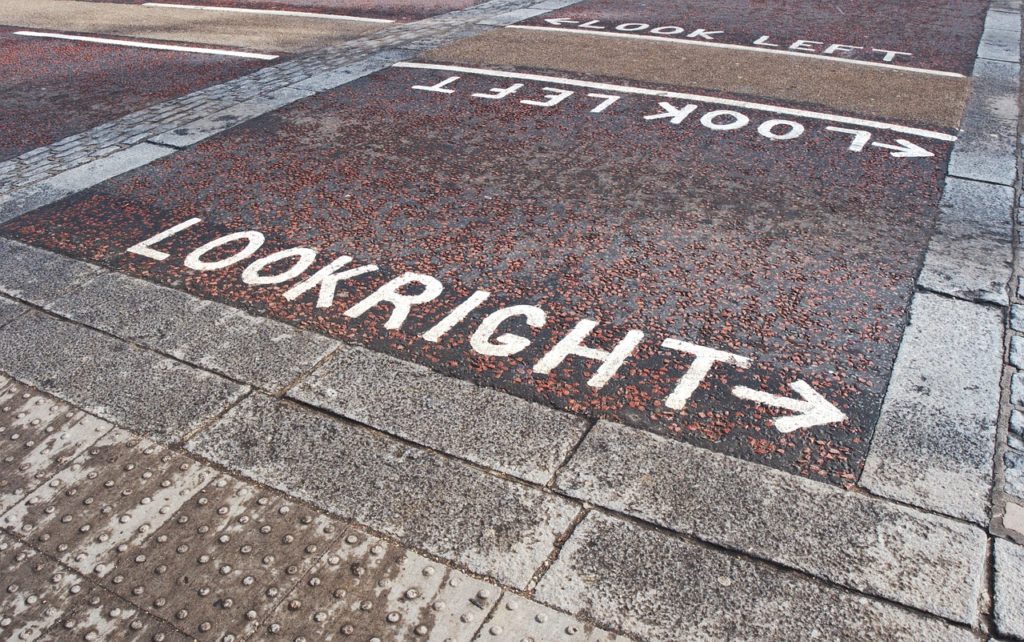
InspiredImages / Pixabay
Are human beings basically good, or are they more inclined to do evil? There is plenty of evidence for both sides of this long-debated philosophical question.
There is a lot of evidence for human goodness–we see it in the so-called “Olympic Spirit” where individuals dig so deeply to find incredible resources that we all admire. Athletes of different nations come together, despite so many differences (some of them very serious), and show the world that unity might be possible. There are many stories coming out of the Olympics that show the good humanity is capable of, like Justin Wadsworth, a Canadian Coach, who helped Russian skier, Anton Gafarov with his broken ski. Or Gilmore Junio who gave his position in the 1000m event of men’s speed skating to Denny Morrison who fell in the Canadian trials and did not qualify.
But each of these athletes must undergo a rigorous regimen of testing because it is certain that some will resort to drugs and sophisticated doping methods to win. Judging scandals are also not uncommon. Cheating is exactly the opposite of what the games stand for, yet we expect it will occur as surely as we are of the Dutch winning speed skating medals.
Where modern manifestations of liberalism are a little more mixed in their ideas of human nature, classical liberalism has a positive view of human nature.
Historically, more liberal political parties, starting from a position of human goodness, would work very hard to eliminate things like poverty and oppression or to promote things like education, for they believed that the evil men do comes from environmental factors.
This is another reason I might not be a liberal, at least not a classic one. I don’t have a lot of faith in human goodness. While environmental factors can certainly play a role, I think people are evil regardless of environment or education.
To a large extent I suppose I agree with Hobbes. Not the Calvin’s side-kick, the stuffed tiger, Hobbes. Although these two explored this idea as well . . .
. . . but the philosopher. In his Leviathan (1651), Thomas Hobbes said that without the authority represented by government or any transcendent moral authority, human beings will behave very badly.
For Hobbes, the natural state of man, which exists outside the context of society, is one of war. According to Hobbes, all men are essentially equal in their vulnerability and weakness. This natural equality and our conflicting desires result in a state of constant war with our fellow man. He also argues that competition, diffidence and desire for glory are in our nature, as we seek gain, safety and reputation. We, therefore, live in constant fear because we realize that at any moment we can have everything taken from us, including our life. This is a reasonable fear, for Hobbes says that we have a natural right to everything, “even to one another’s body,” but to avoid the constant state of war that would ensue, we create contracts in which we mutually transfer these rights. To ensure that these contracts are performed, society needs an authority who will compel adherence to the contracts through force or through institutional constraints. We willingly subject ourselves to this authority because it protects us from the state of constant war with others.
Because of humanity’s basic nature, Hobbes says that the “the life of man [is] solitary, poor, nasty, brutish, and short.”
OK, I’m not completely in agreement with Hobbes. I believe that human beings are capable of amazing expressions of altruism, but I think our default is to be selfish.
When I look at myself in the best possible light, I find, that even my best behaviour is usually motivated by selfishness in some way. I won’t even begin to talk about those times when I behave badly.


